
- Article
- Article
How music opens the doors of memory and the mind
People living with dementia can often still listen, perform or move to music. What does this tell us about how memories are formed?

- Article
- Article
The unearthly children of science fiction’s Cold War
In the 1950s a new figure emerged in British novels, film and television: a disturbing young alien that revealed postwar society’s fear of the unruly power of teenagers.

- Article
- Article
A graveyard of plants for the people I love
Searching for her own ceremony to acknowledge the passing of her grandmother, Jennifer Neal turned to plants. The ritual she created was personal and loving, and celebrated life as well as acknowledging loss.

- Interview
- Interview
Inside the minds of A R Hopwood and Honor Beddard
The curators of ‘Smoke and Mirrors’ reveal the stories behind the exhibits, and the intriguing truths the show confronts us with.

- Interview
- Interview
Inside the mind of Somewhere in Between’s curator, Laurie Britton Newell
The exhibition's curator shares her secrets.

- Article
- Article
Dying at home and the doctor’s role
Our anonymous GP talks about the bittersweet rewards of supporting a patient when he chose to die at home.
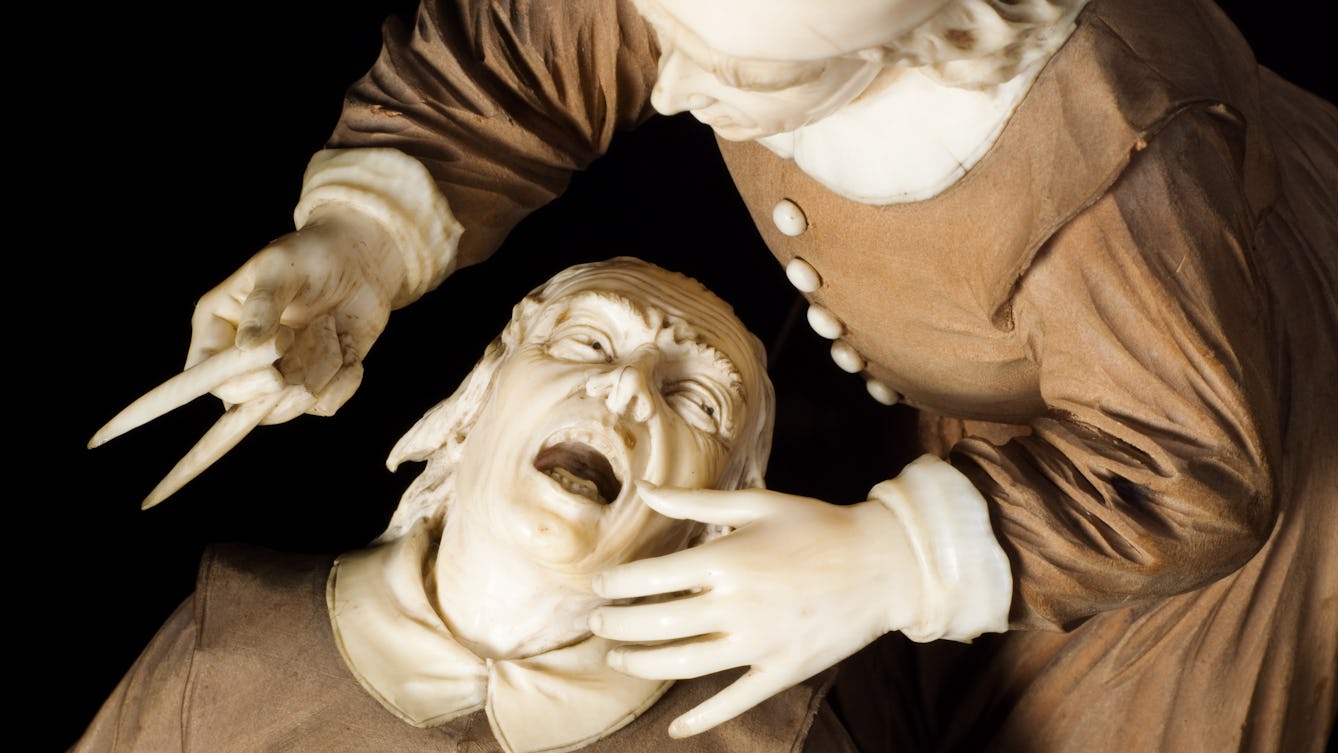
- Book extract
- Book extract
You know the drill
Richard Barnett opens wide the true meaning of a healthy mouth.

- Article
- Article
Talent, tech and visual art
Jamie Hale finds a combination of talent and technology are crucial when it comes to creating great visual art, but how do you keep working when your circumstances are in constant flux?

- Article
- Article
Dancing for joy
Dancing is a mood enhancer, it increases social bonding and it improves creativity. Maybe you really can dance all your troubles away.

- Article
- Article
The housing that gives hope to refugees
A safe place of one’s own can be a source of healing and hope. George Kafka reports on two Athens-based projects helping displaced people by putting housing first.
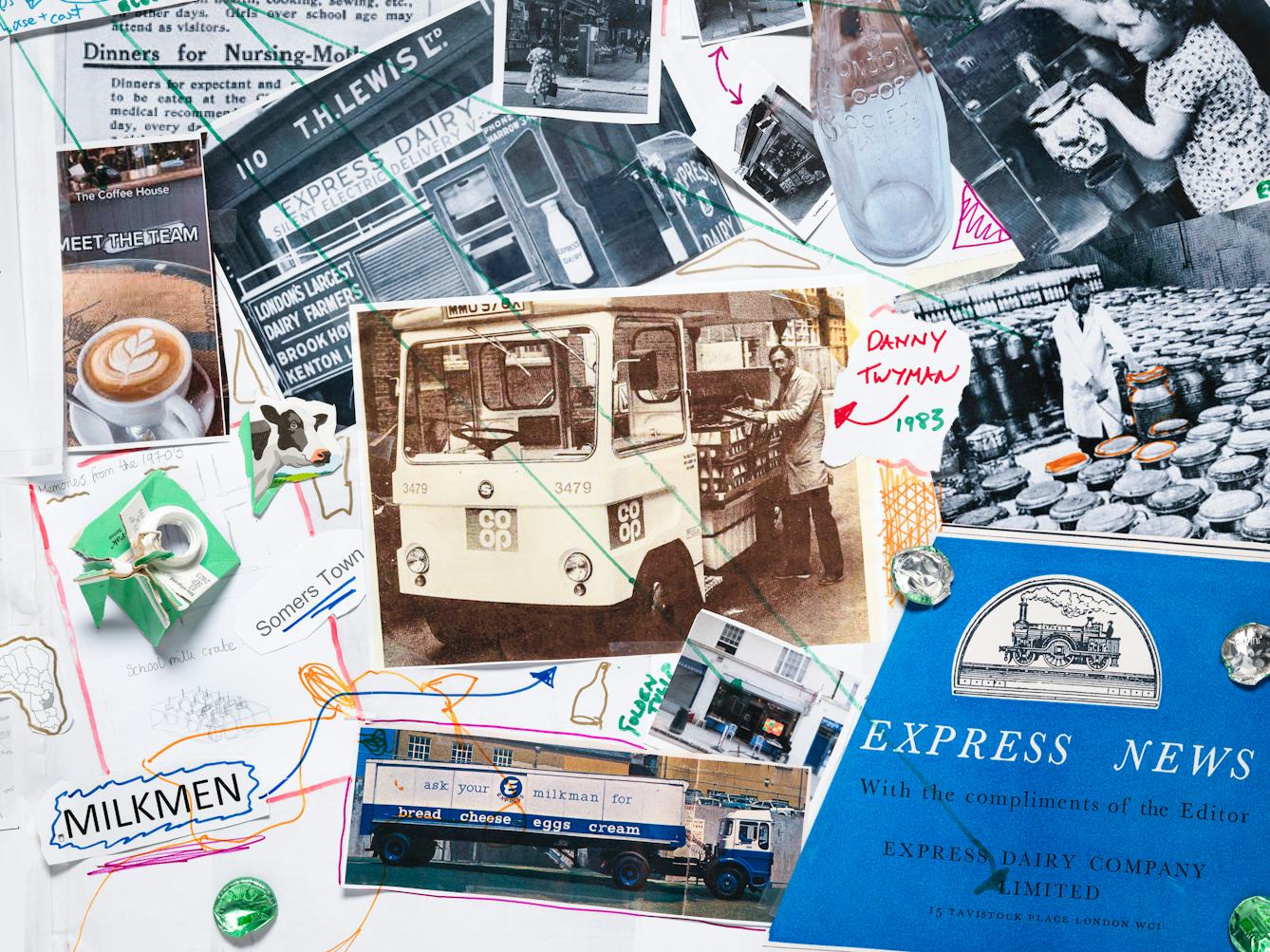
- Article
- Article
Milk trails round Euston
Where cows once grazed near Wellcome Collection in London, baristas now froth their milk. Esther Leslie uncovers Euston’s dairy-based urban history.
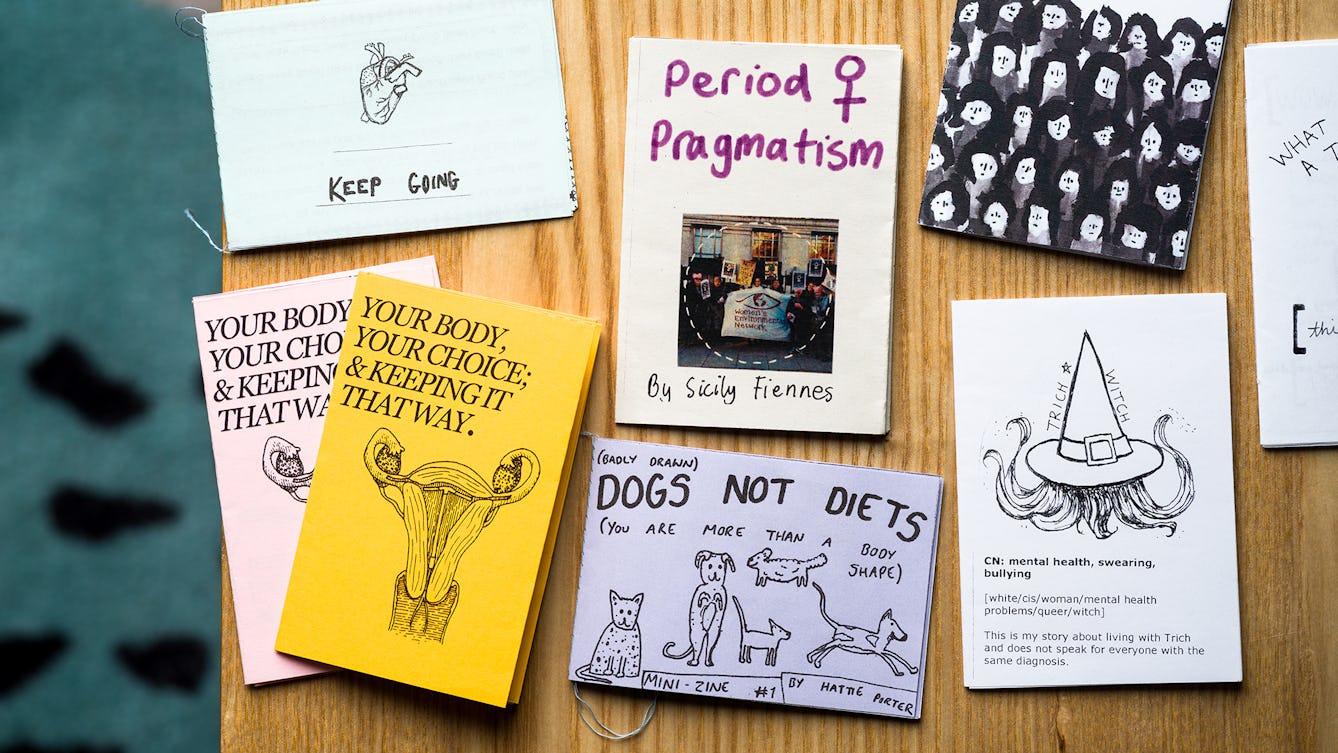
- Article
- Article
Six personal health zines that might change your life
Personal zines put health conditions back in the hands of the people who experience them. Here are six that Wellcome Collection staff love.

- Article
- Article
Thalidomide, a bitter pill
Hear from some of the women who took the drug thalidomide over sixty years ago about the fear, isolation and grief that they experienced as the appalling pharmaceutical scandal unfolded around them.

- Article
- Article
Is it really OK to not be OK?
Our mental healthcare system is still the poor relation of services that treat physical illness, and the pandemic has shone a spotlight on this situation. Campaigner James Downs argues for fundamental change.

- Article
- Article
Society, not Covid-19, makes us vulnerable
Rick Burgess coped with the death of his mother in February 2020 by immersing himself in the task of protecting his community from Covid-19 and challenging the government's failure to protect and support elderly and Disabled people during the pandemic.

- Article
- Article
Families fighting for justice
In 1962 a group of parents whose children had been affected by thalidomide began a decades-long battle in the law courts, the media and Parliament in order to win fair justice for all thalidomide survivors.

- Article
- Article
Epidemic threats and racist legacies
Epidemiology is the systematic, data-driven study of health and disease in populations. But as historian Jacob Steere-Williams suggests, this most scientific of fields emerged in the 19th century imbued with a doctrine of Western imperialism – a legacy that continues to influence how we talk about disease.

- Article
- Article
The men who meddled with nature
The ‘acclimatisation societies’ of the 19th century sought to ‘improve’ on the natural world by releasing non-native species into the wild. The effects were disastrous.
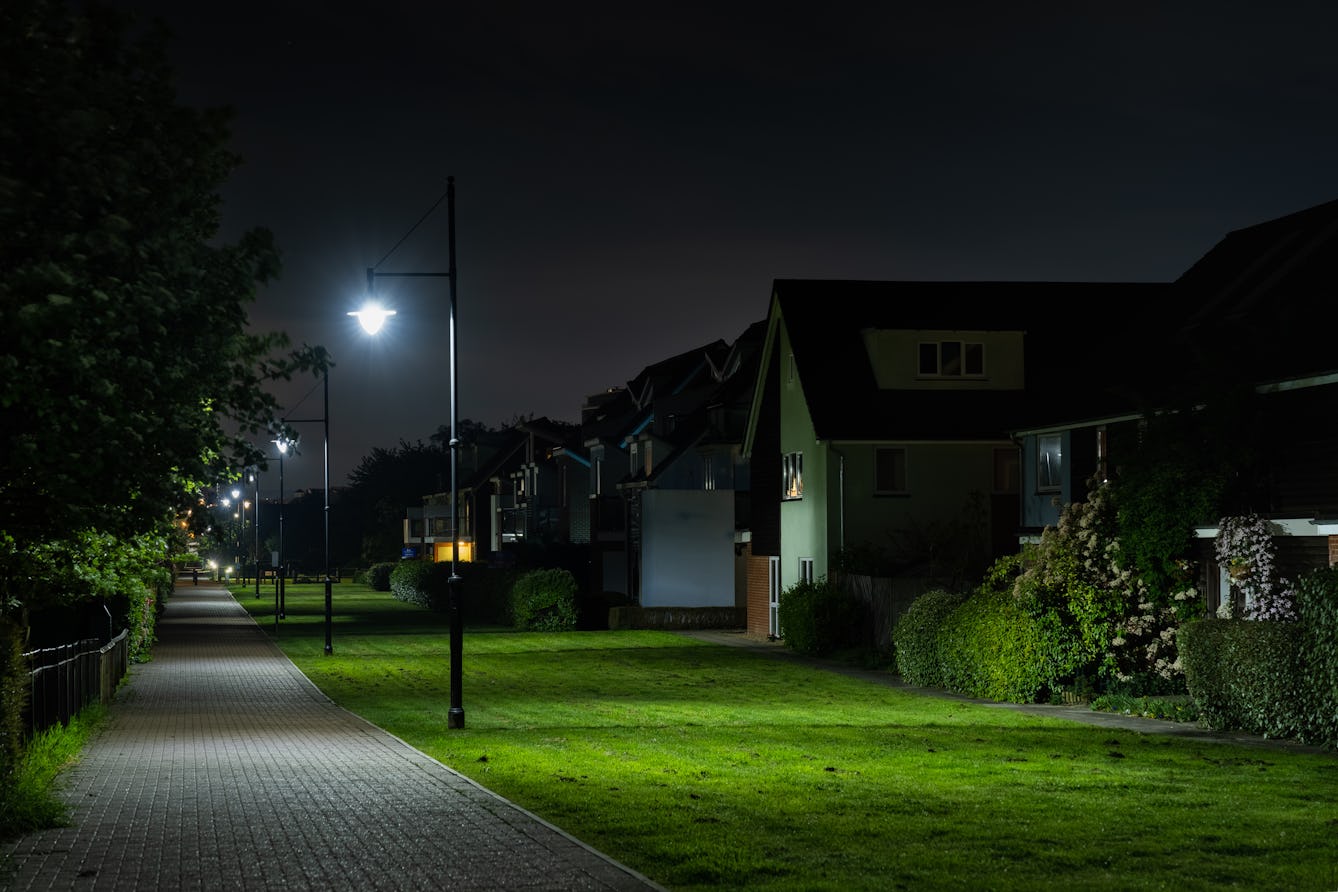
- Long read
- Long read
Our complicated love affair with light
Sunlight is essential, but our relationship with artificial light is less clear cut. It expands what’s possible; it also obscures and polices. In this long read, Lauren Collee pits light against night, and reveals the shady places in between.

- Article
- Article
A quick guide to drugs, the brain and brain chemistry
Discover some of the major chemicals that govern activity in our brains, how they work, and why certain drugs have the effects they do.
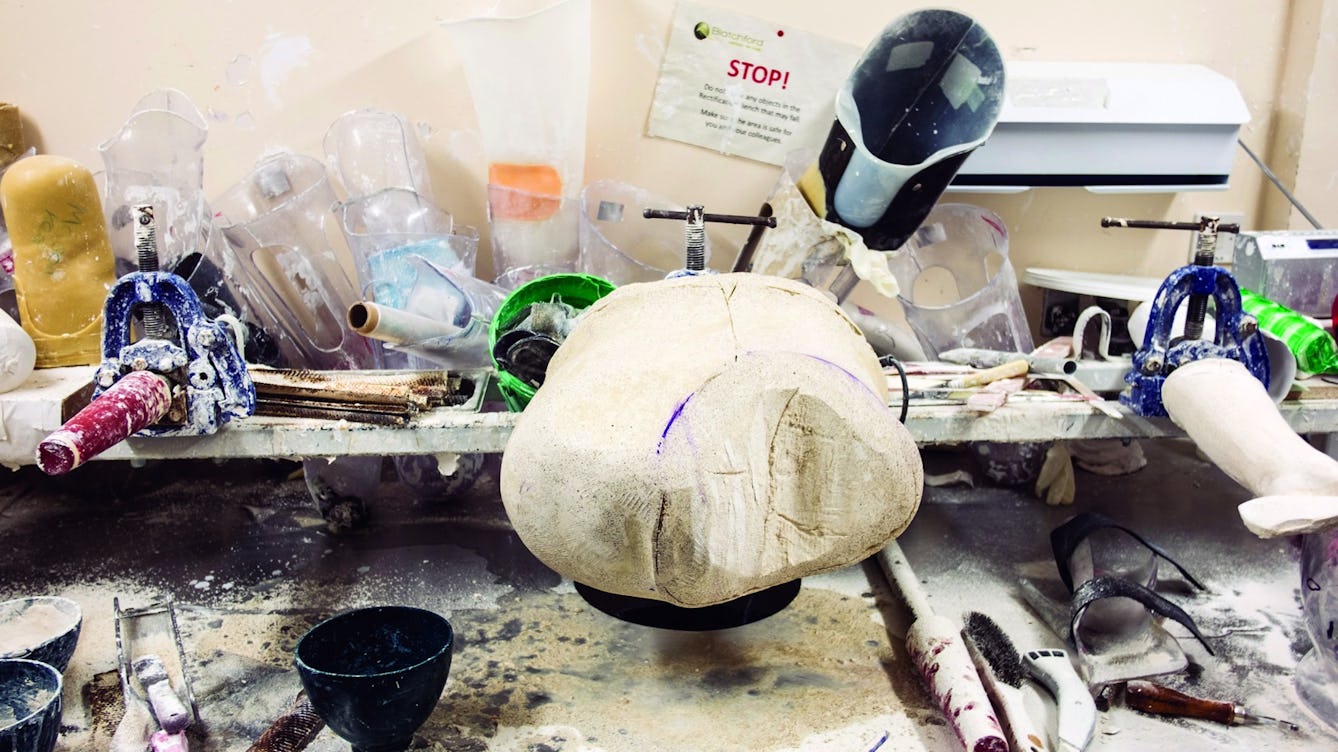
- Book extract
- Book extract
Sockets and stumps
Historian Emily Mayhew has met soldiers who have survived the seemingly unsurvivable. Here, she explores the part prosthetics play in the process of military rehabilitation.

- Article
- Article
The child whose town rejected vaccines
Gloucester, 1896. Ethel Cromwell is taken ill at the height of Britain’s last great smallpox epidemic.

- Article
- Article
Why we need to decolonise the skies
Astronomer Dr Tana Joseph explores how rethinking way we look at the stars could improve our relationship with our own planet and make it a healthier place to live.

- Article
- Article
How tuberculosis became a test case for eugenic theory
A 19th-century collaboration that failed to prove how facial features could indicate the diseases people were most likely to suffer from became a significant stepping stone in the new ‘science’ of eugenics.
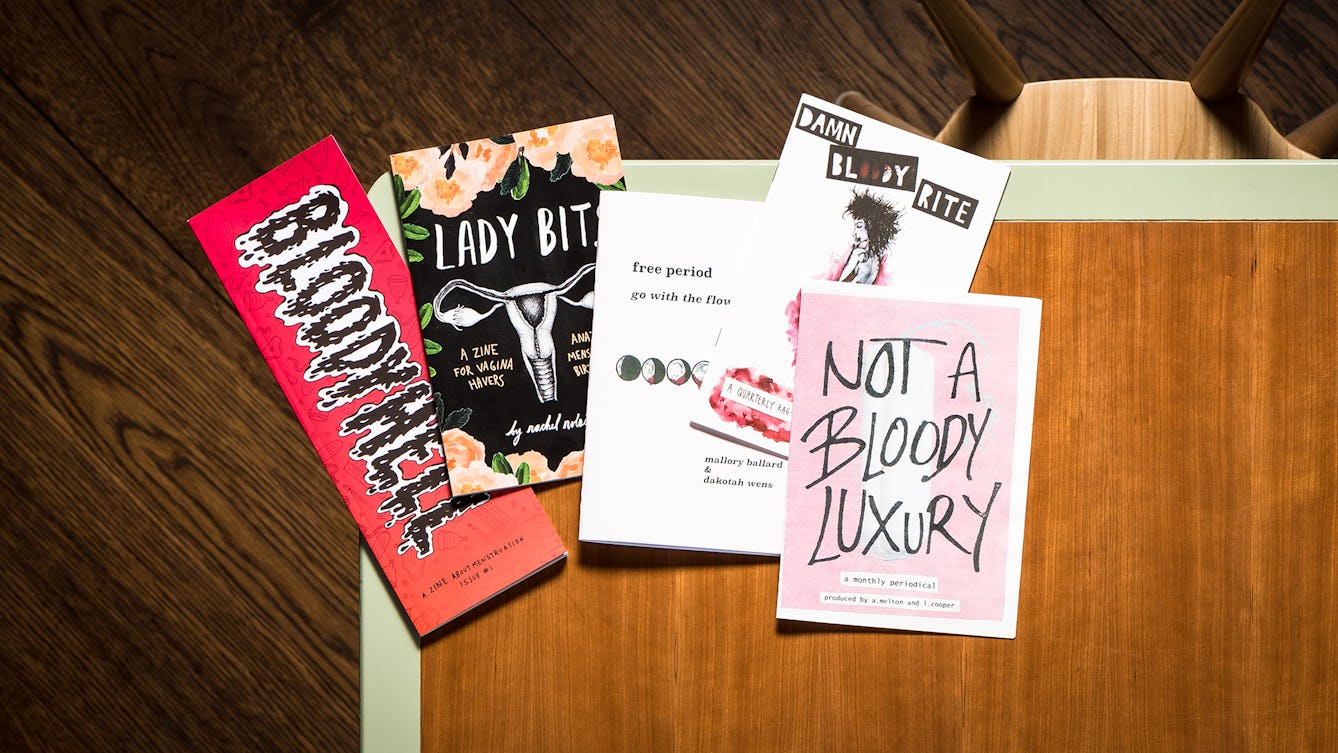
- Article
- Article
Rag mags and monthly issues: Five period zines to stop you seeing red
Using humour, personal experience and political activism to explore the bloody reality of menstruation.